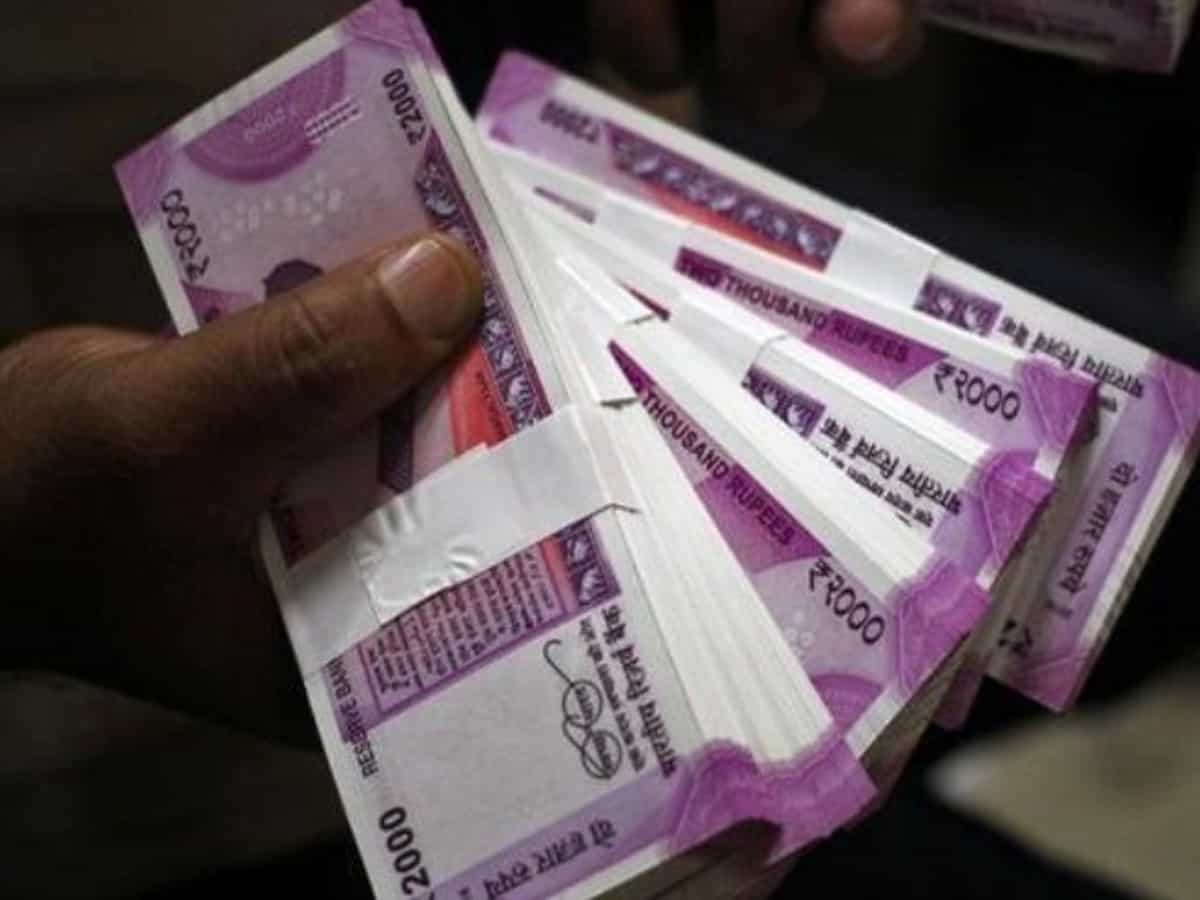New Delhi: The income tax laws in India have various restrictions on payment and reception of money in cash.
Restrictions on business
The tax laws have prescribed a daily limit of Rs 10,000 in cash to a single person if you are carrying on a business or any other profession.
If you fail to do so, the expenses paid in cash will not be eligible for tax deduction, the Financial Express told.
There is one exception to this rule where you can pay up to Rs 35,000 to a transporter in a day.
Restrictions on public
Restrictions on loan:
The limit on accepting and repaying any loan is Rs 20,000.
In case the amount exceeds, the tax officer can levy a penalty equal to the amount of loan accepted or repaid.
This threshold is not applicable for each of the transactions of a loan but will apply to every transaction irrespective of the value, once the outstanding amount of loan exceeds Rs 20,000, The Financial Express told.
Likewise repayment of even a single rupee cannot be made in cash if the balance in the loan account is more than 20,000 at the time of repayment.
These restrictions on loan are not applicable for transactions with bank, government, Government Company or corporation and other entities if specified by the government.
Home loan is not covered under these restrictions.
Restrictions on deductions from income:
Deduction under Section 80D is not admissible if the premium for health insurance policy is made in cash. However, payment for preventive health check, for which there is a sub limit of Rs 5,000 under Section 80D, can be made in cash. The restrictions of cash payment will also apply in case of deduction under the same section for medical expenses for a senior citizen who does not have health insurance, said The Financial Express.
Likewise, under Section 80G claims for certain deductions for donations cannot be made if a donation is beyond Rs 2,000 in cash.
Restrictions on over Rs 2 lakh cash:
This restriction is applicable in respect of receipt of beyond Rs. 2 Lakh money for each transaction and not for aggregate of payments in a single day.
This restriction has been brought in to curb the use of black money on various occasions like marriage, travel etc. and for which no deduction is claimed by the payer under the tax laws.
For example, a caterer cannot accept Rs 2 lakh and more in aggregate for marriage reception from one person whether on a single day or over the period. Likewise, though there are no restrictions on receiving payment for sale of anything like gold jewellery, house or a plot of land etc. in general, but if the value of a single transaction is more than Rs 2 lakh, the seller cannot receive more than two lakh rupees either in full or in part for such transactions, The Financial Express reported.
Likewise you cannot receive any gift beyond Rs 2 lakh in cash even in cases where the gifts are not treated as your income such as gifts received at the time of your marriage or from specified relatives, the portal noted.
In case you receive payment beyond Rs. 2 lakh, the income tax officer can levy a penalty equal to the amount of money accepted in cash. Please note that there are no penal consequences for the person who is paying such money.

